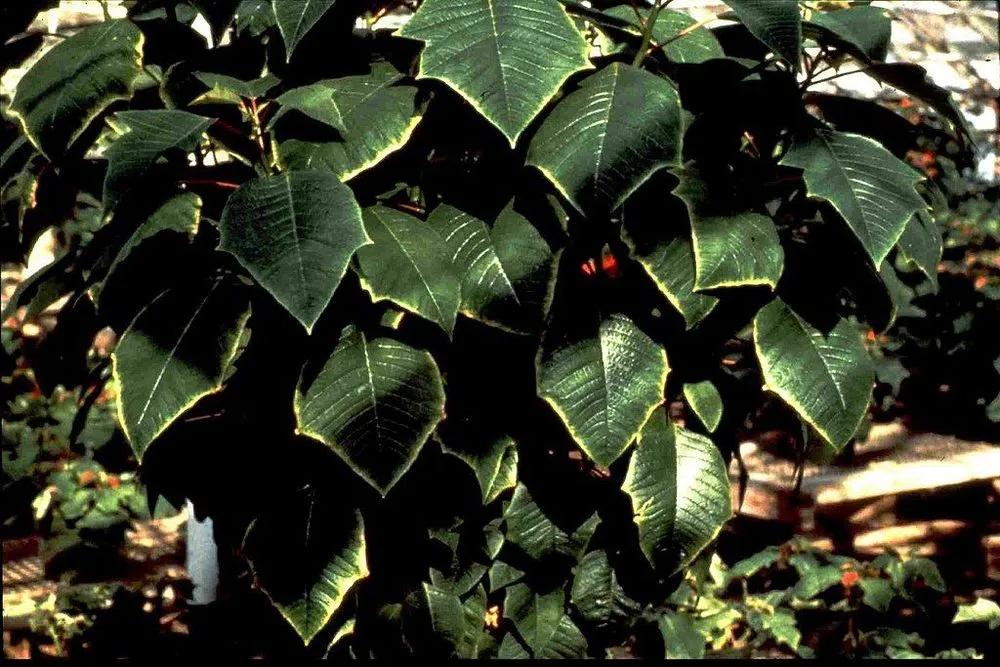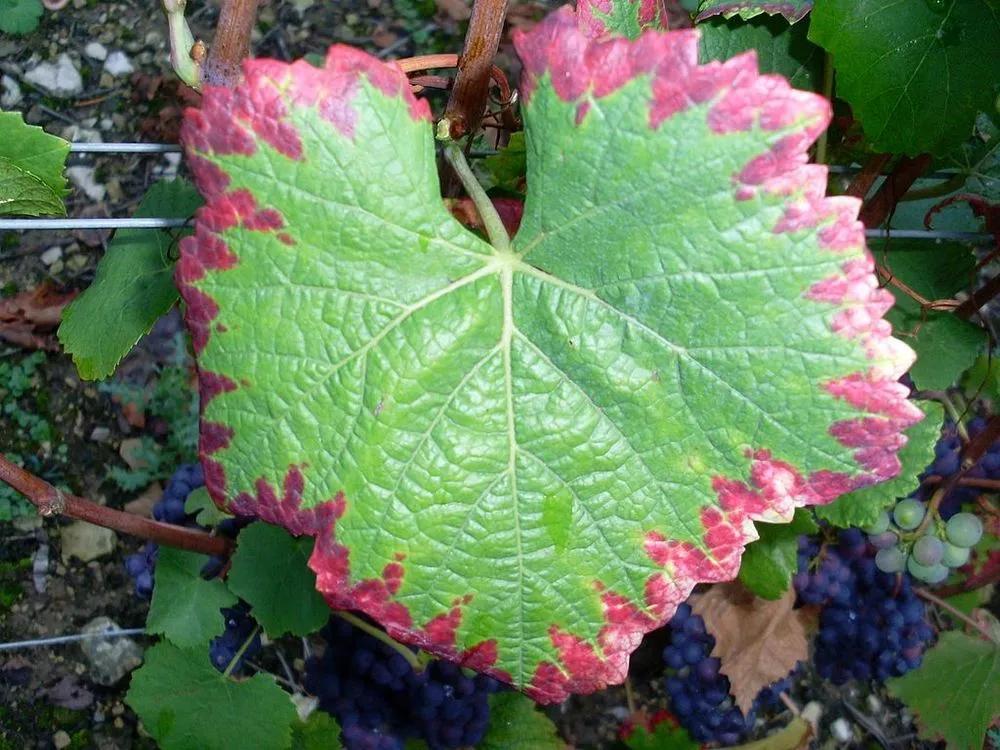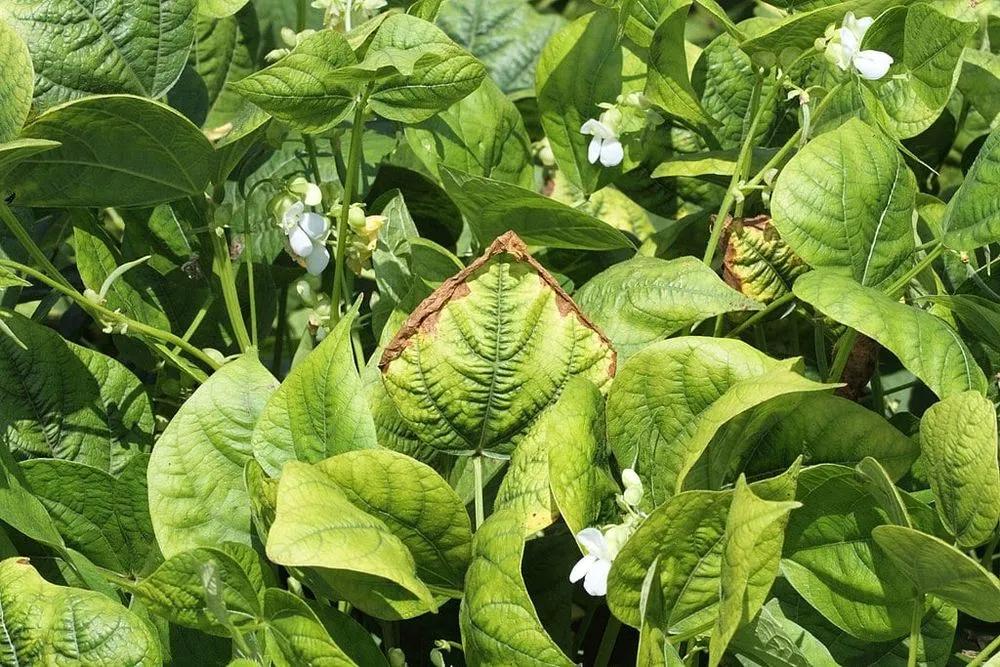Any insufficient quantity of an essential nutrient required for growth is considered a nutrient deficiency. Plants' development will be compromised if they only have limited access to vital chemical elements, both macronutrients and micronutrients. The most important ones are nitrogen, potassium, phosphorus, magnesium, manganese, iron, and calcium. Others tend to affect only a specific group of plants. This can happen to most plants, although fruits and vegetables are particularly vulnerable to nutrient deficiencies which can lead to complete crop loss. Some causes of nutrient deficiencies are extreme soil pH levels, excessive dryness, and water-drenched soils.
Nutrient Deficiency in Plants



Signs of damage
The insufficiency of each nutrient causes slightly different symptoms:
- Nitrogen. Causes yellowing and browning of leaves and, in extreme cases, irreversible chlorosis, scorching, and necrosis. The plants will have their growth stunted and poor flowering and fruiting.
- Potassium. The leaves will become tinted in yellow and purplish shades, and their edges will begin to brown.
- Phosphorus. Dull foliage will become yellow, with the underside of leaves becoming purple or bronze tinted. The plant's growth will slow down.
- Magnesium. Leaves will fall earlier than expected and get a distinctive yellowing or browning between the leaves veins.
How to prevent
There are some ways to help prevent these deficiencies and their damage. Ensuring the soil is adequately fertilized with organic matter, and regular mulching will help retain the necessary moisture and nutrients. This, paired with maintaining a regular watering routine, will ensure soil quality and proper water levels.
Keep in mind that different soil types are also prone to specific nutrient deficiencies, so make sure you choose the right substrate for each plant to avoid unnecessary problems and ensure adequate nutrients.
Heal
There are specific fertilizers for each nutrient missing, so the choices will vary accordingly. Also, different plants might react better to different types of fertilizers.
The good news is that plants usually fully recover since they'll start processing the nutrients as soon as you administer them.
Go Premium to continue reading
Also you’ll get unlimited access to disease identification and all the other beneficial features
More problems
